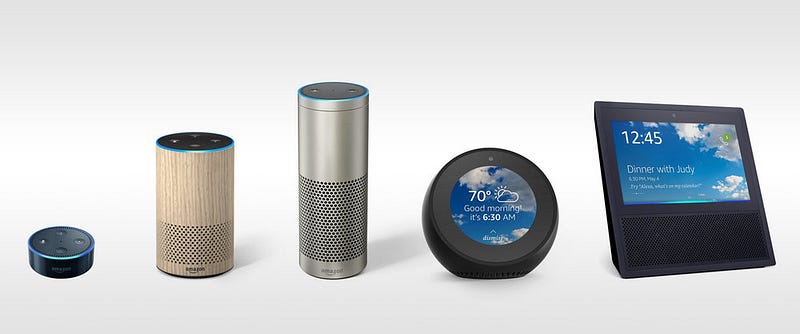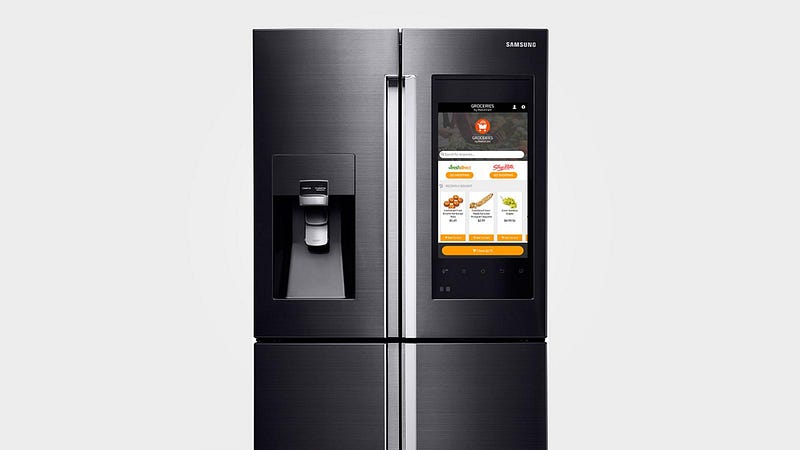Author: Dwayne Gefferie
Back in 1998, when I created my first website, I could not have imagined what kind of impact it would have on my life and career. So whenever I sit down with some of the biggest E-Commerce merchants of the world, I can’t help but imagine what is next. In this post, I would like to share some of my thoughts as to what I believe will be happening to the E-Commerce space in the next five years.
With new platforms come new opportunities.
Traditional Business
For the last century, if you wanted to start a business, you could have one of two business models. Either you created a product and the brand that goes with it or you were a retailer that sold products from different brands within a specific category.
As a product/brand you would look at how you would distribute your product. Most of the time you would sell your goods wholesale to a retailer. The retailer would display your products in their store, and dependent on the product, the way it was displayed, customers would buy the product. Or the brand’s marketing activities, would create a demand for the product, which would lead to more sales and would give the retailer an incentive to display the goods to be easily found.
An E-Commerce World
With the introduction of e-commerce, the traditional distribution channels have shifted from, buying products in stores, to buying products online. Effectively, turning brands into retailers. So now, individual products are marketed online and drive traffic to a the brand’s website, or they are sold by big online retailers like Amazon.com.
M-Commerce Emerges
With the emergence of mobile technology, the way people interact and get information has shifted again. Whereas marketing would lead people to search a product through Google, or search at Amazon.com, now consumers see a product through Social Media (Facebook, Instagram, Twitter, Youtube, Snapchat), click on the image, video, link or content and go to the website of the merchant. Where they than get more information and eventually buy the product directly from that brand.
However, the way that we interact, has become another crucial part in that. We used to call and talk to sales person or customer service representative (same thing, different name just less intimidating), than we used to email, but that has become to slow. So now we use chat or direct messaging to get the answers we are looking for.
The New Wave of Commerce
As E-commerce has become more mobile and customer support is ran by chatbots using AI, I believe that the next wave of disruption is just around the corner.
Voice Commerce a.k.a. V-Commerce
I believe that Voice-enabled devices like the Amazon Echo, Google Home and Apple HomePod, can dramatically shift commerce by becoming the new gatekeepers. If in the next couple of years, the majority of households have one of these devices in their home, and get used to ordering products by saying “Alexa, order toilet paper” or “Ok Google, order diapers”, who ever fulfills that order will win from all the other stores, who are not in the position to be part of the Amazon, Google or Apple commerce eco-system.

Internet-of-Things Commerce a.k.a. IoT-Commerce
An even bigger disruptor might actually be the Internet-of-Things. From refrigerators, washing machines to toothbrushes, connected to the internet to even smart kitchens that scan the items in your cabinets, and automatically order products that you are running low on. Appliances are already known for endorsing brands, imagine your new home, which comes pre-stocked with products and whenever that product is running low, automatically re-orders those products. Not through Amazon or Google Express, but directly from the Brand, like your electric toothbrush places an order of toothpaste directly with Crest, or your refrigerator ordering a case of Fiji Water.

What To Do?
So what if you are running an e-commerce store or you are a retailer, what can you do to prevent yourself of being out-of-business in the next five years?
- First, if I was a retailer, I would start investing in becoming a brand, meaning I would take a significant part of my profits and poor it into R&D to create new products. As a retailer you already have the benefit of knowing what sells and what doesn’t. So why not start your own brand, that might be Private Label at first and move into creating your own unique products.
- Second, I would start focussing on aligning myself with the gatekeepers like Amazon, Google and Apple. You could sell your products through Amazon as a FBA, become a Retailer that works together with Google Express and integrate Apple Pay into your App, Website and Store.
- Third, I would figure out, which IoT devices, I would be able to collaborate with. If I am selling perishables or detergent, I would reach out to LG or Samsung to provide products and figure out how packaging can work together with the device. Coffee beans, washing detergent or even microwave meals, could collaborate and become the product of choice for the IoT devices of the future.
Science Fiction or Reality
Of course, a lot of people, might see this as science fiction and think that we are still decades away from adapting Voice-AI and IoT devices to help us, but just like the smart-phone, you taught you would never get because you had a pager. I want to remind you that twelve years ago there was no smart-phone, we had “dumb-phones” and most people said that they had no need for a mobile phone. As the newer generations are growing up with Social Media, Augmented Reality, Virtual Reality and Voice-enabled Devices, the next five years could drastically shift the way that we interact with technology and as the spending power is coming from this new generation, they will dictate how companies will interact with them or cease to exist.
source: medium.com












